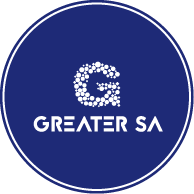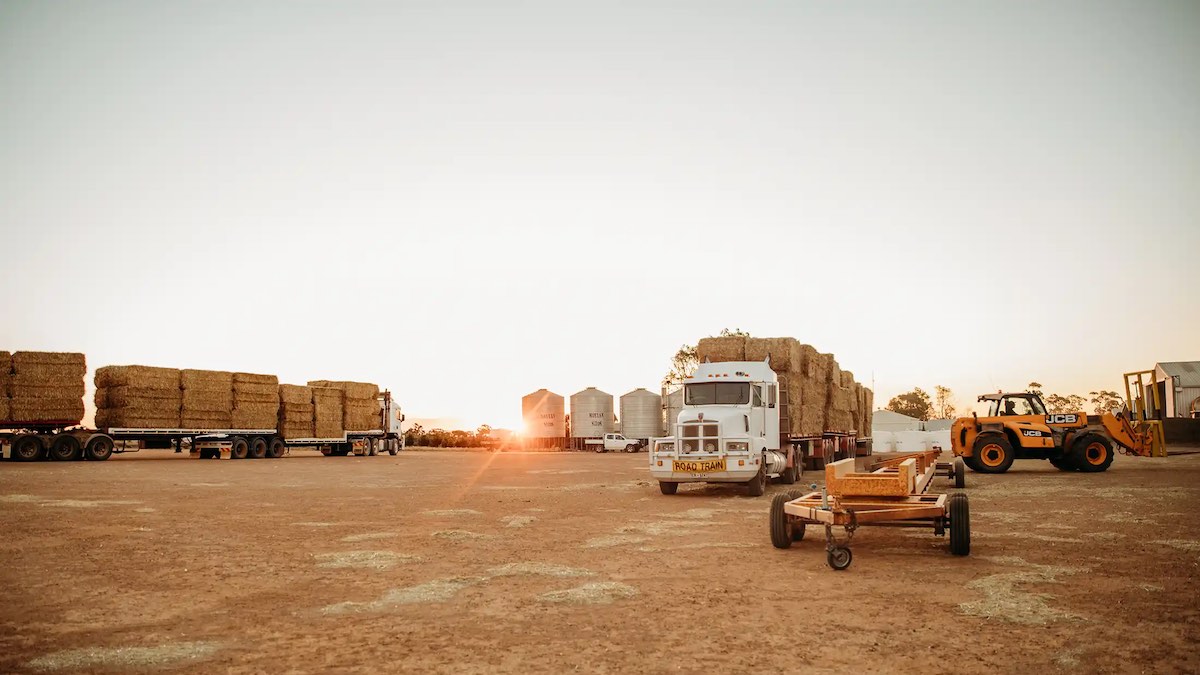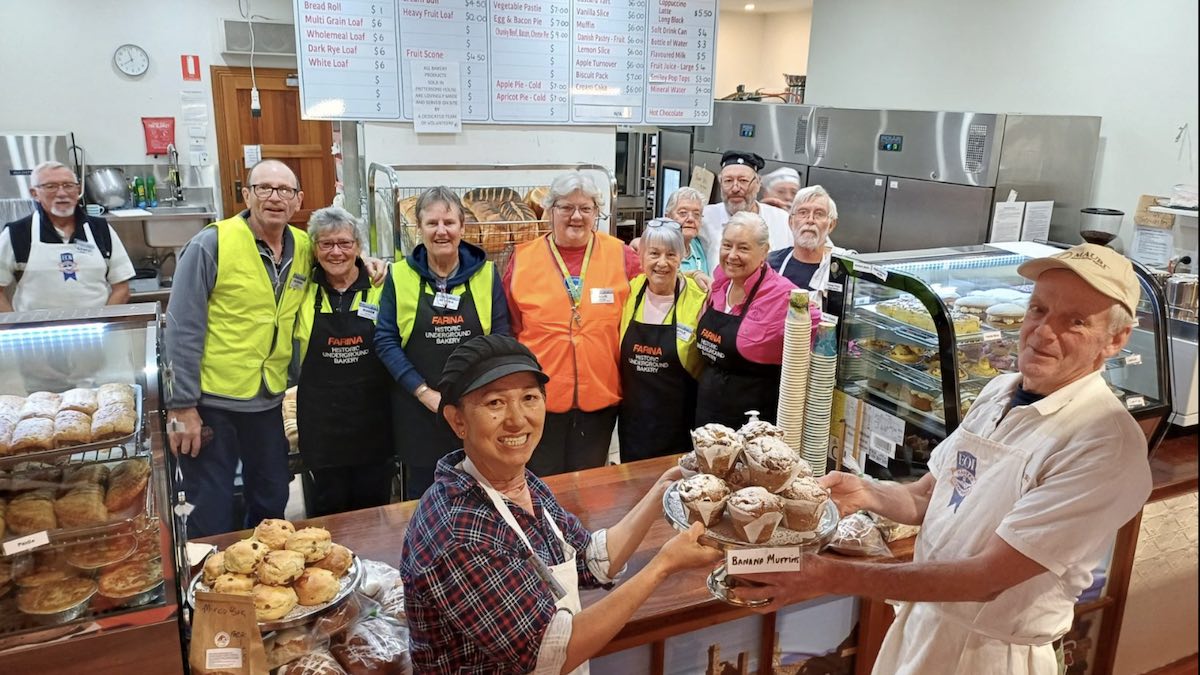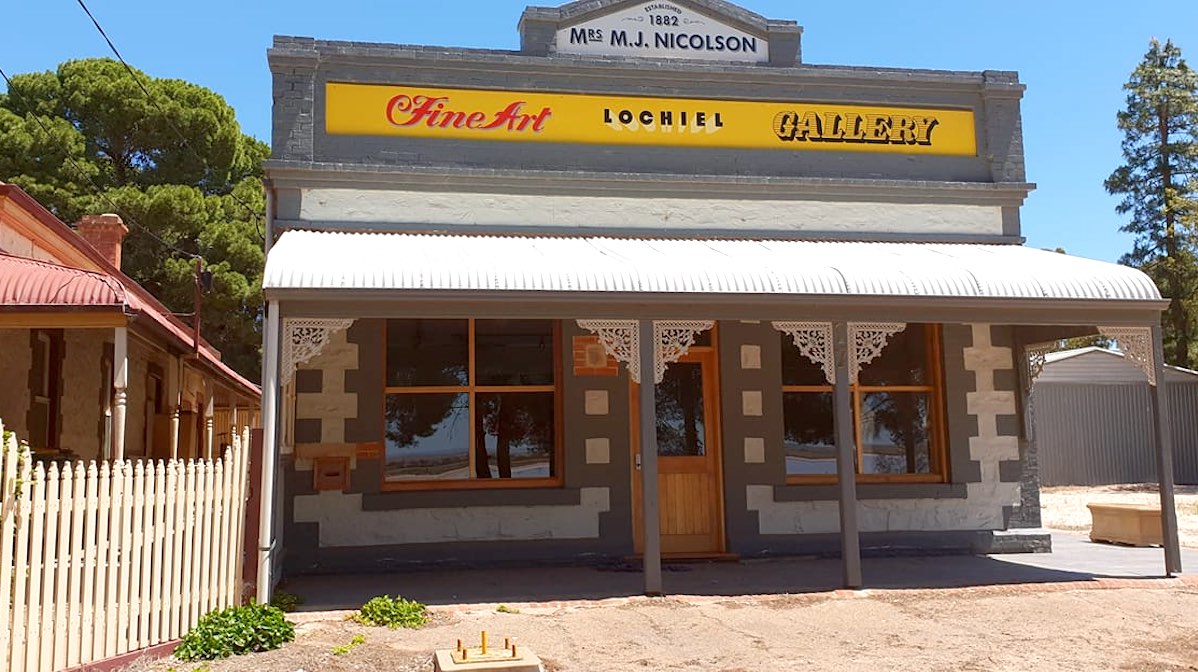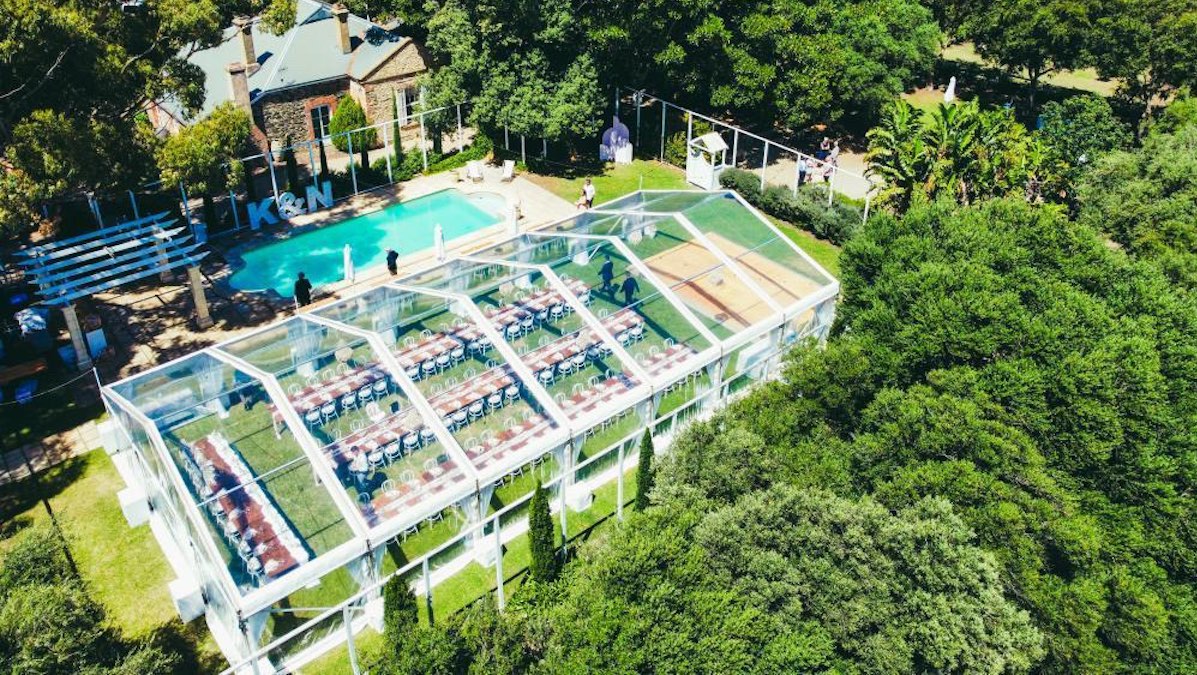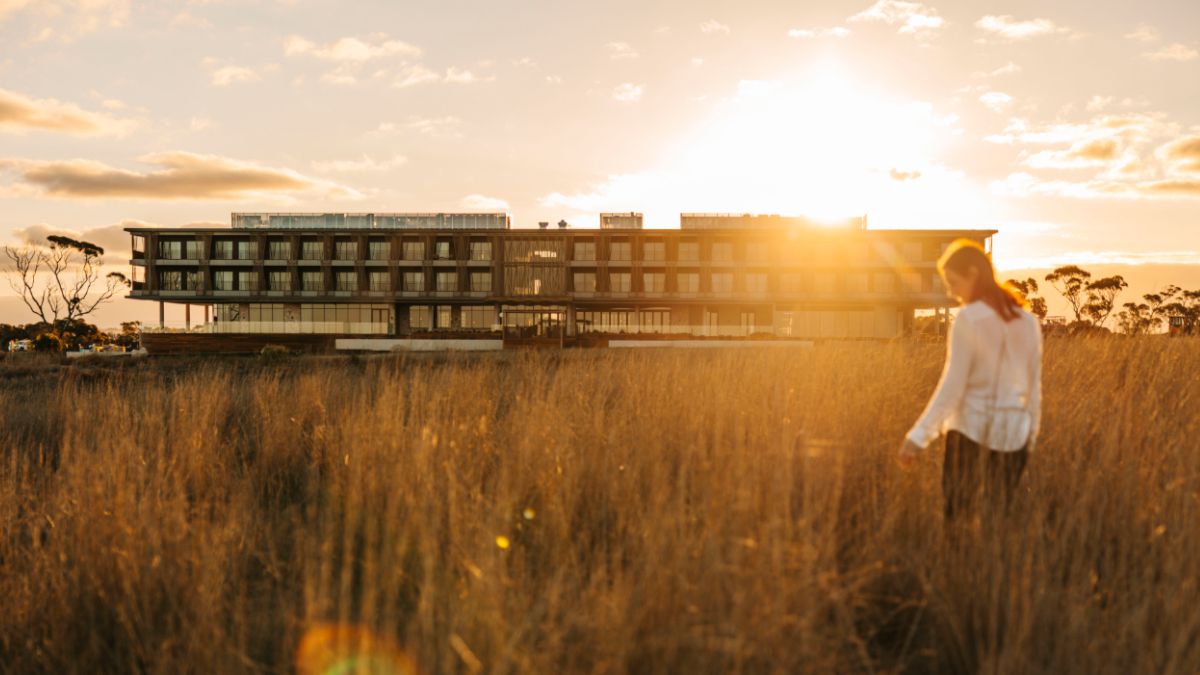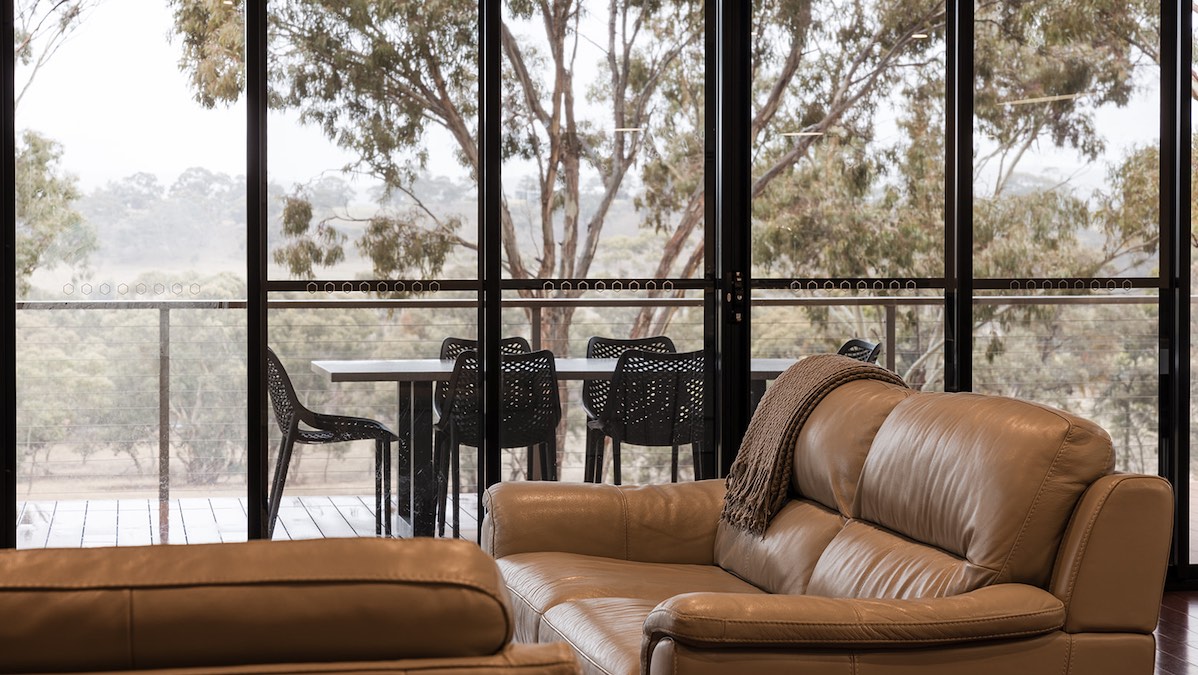Australia’s hay industry is one of several sectors to face trade impediments in recent years. South Australia’s oaten hay industry is renowned as providing world- class, clean and safe food for beef and dairy cattle.
Prior to the imposition of trade impediments in the 2021-22 financial year, South Australian hay exports to China were worth approximately $33 million. Nationally China accounted for over 15 per cent of Australian hay and chaff export.
Following a record year for crop yields, the lifting of these trade impediments has the potential to be particularly lucrative for South Australian farmers.
The move to lift trade impediments on the import of hay was described by Federal Trade Minister Senator Don Farrell as “another positive step forward” and follows the resumption of trade with China on a range of products since May including cotton, barley, and timber.
Progress in the trading relationship with China, which is Australia’s and South Australia’s largest export market, is credited to a concerted effort by the Federal Albanese Government.
The announcement also comes only a week after Premier Peter Malinauskas led a delegation of senior business and industry leaders to China – and in the week South Australia has welcomed China’s new Consul-General to Adelaide Li Dong.
China continues to be South Australia’s top export destination for merchandise, up 48 per cent for the year ending July 2023 to $2.8 billion.
Rob Lawson, CEO of Balaklava hay processing and exporting company, Balco Australia, said the announcement was fantastic news for South Australia’s oaten hay industry.
“We have enjoyed strong relationships with customers in China over many years, and we are looking forward to re-establishing and growing those relationships to supply our premium quality product to the benefit of China’s agricultural industry,” he said.
